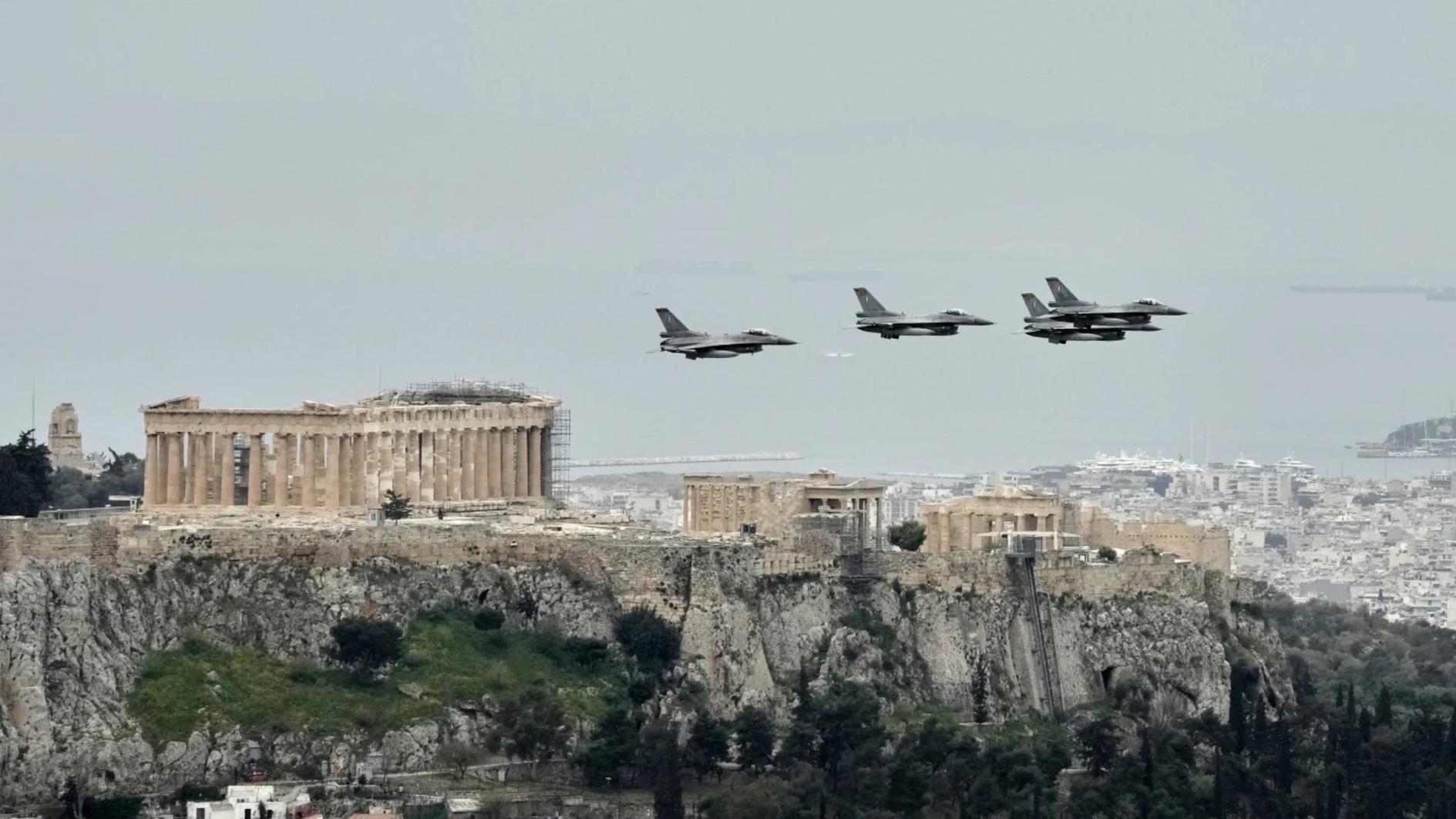Insane politics
Should the Turkish president have any fear that his future might be similar to that of Egypt’s ousted president, Mohamed Morsi? Irrespective of whether there were sufficient reasons or not to merit him having such fears, thank God this country not only abolished the death penalty but also closed that dark chapter of military coups – yes, thanks to a great extent to the Justice and Development Party (AKP) governments of the past 13 years.
Turkey is not Egypt, nor is Egypt Turkey. Even if the current government in office might have some sort of moral or religious allegiance with the ousted Muslim Brotherhood governance of the Arab country, the socio-political traditions of the two countries are for obvious reasons peculiar to each other. If the president himself condemned the death sentence issued by an Egyptian court against Morsi as inappropriate because the ousted president was elected to office with a high 52 percent of the vote, what’s wrong if a newspaper makes the same comment in a headline?
Ahaa... The president might have remembered the rather traumatic past of this country, how a prime minister and two ministers who were elected to office with over 50 percent of the vote were sent to the gallows by a coup administration. What’s wrong in that? Everyone in this country must always remember the injustices committed during the military coup periods and never ever again cherish any idiotic hope that such interventions in politics might ever be the cure to anything. Like the hangings of Adnan Menderes, Fatin Rüştü Zorlu and Hasan Polatkan, there are plenty of awful mistakes and incredible tragedies in the recent history of this nation and unfortunately most of them were not committed during the military rule periods. If anyone wants me to cite some, perhaps I should point to the Sept. 6-7 events of 1955, or the Dec. 28, 2011, Uludere (Robotski) massacre.
With attacks on local parties’ headquarters, discrimination, alienation and massive sectarian rhetoric in politics, Turkey is heading fast to a very unfortunate situation. The situation has become so terrible that no one can question what plans the government has to accommodate the over two million refugees that have altered the demography of the southeastern border areas all together.
The rights and liberties climate of the country is getting worse. Media is so “domesticated” with the climate of fear created by the government that mostly it cannot even dare report its own problems, while many media outlets and journalists have become lynch men of the government. The April report by Press for Freedom (PfF), the Ankara-based Journalists Association, stated: “The exclusion, alienation and discrimination against part of the press at the funeral of a savagely murdered prosecutor, at the presidency, ministries or the commercial presentation of a company are crimes against humanity. Journalists cannot be barred from news.” Indeed, censorship reached such alarming levels that press cards are rendered useless, journalists are denied access to news or accessing news has become the “privilege” of a “select few” journalists serving with the media outlets loyal to the government.
In the first quarter of this year, 23 journalists and nine distributors were detained, one journalist was murdered and 10 were attacked. Three journalists and two caricaturists have been convicted of “slander” against the president or his family. The trial of a 17-year-old student in Konya on grounds he slandered the president for using the slogan “illegal palace, illegal” and the conviction of a journalist to a year in prison for sharing a message he liked on social media are “shocking” developments presenting a bleak photograph of the “advanced democracy.”
Right, Recep Tayyip Erdoğan might have some worries that his leadership style has become problematic, so much so that the most prestigious newspaper in the country dared to covertly remind him of a dreadful probable consequence. Even if no such thing is any longer probable in the country, it is obvious that Erdoğan wanted to use that headline to fuel a controversy which might help further polarization in the country, which is much needed by the ruling AKP to consolidate its electoral base. This approach is not sane. This Machiavellian approach to achieve something close to what he wanted or not to lose a parliamentary majority by sowing further seeds of enmity, hatred and walking over all the principles of democratic governance can land Turkey in even greater problems.
* The writer is also the project coordinator of the Press for Freedom project.











